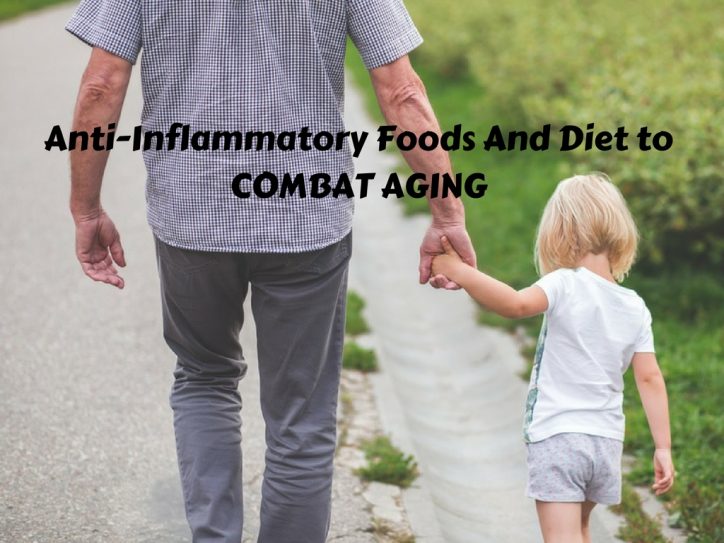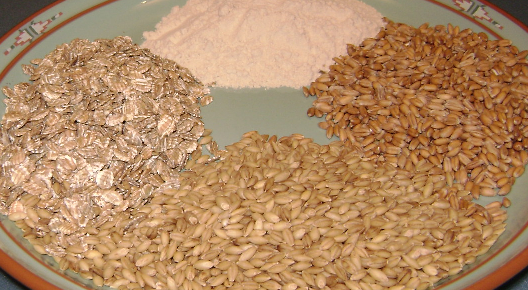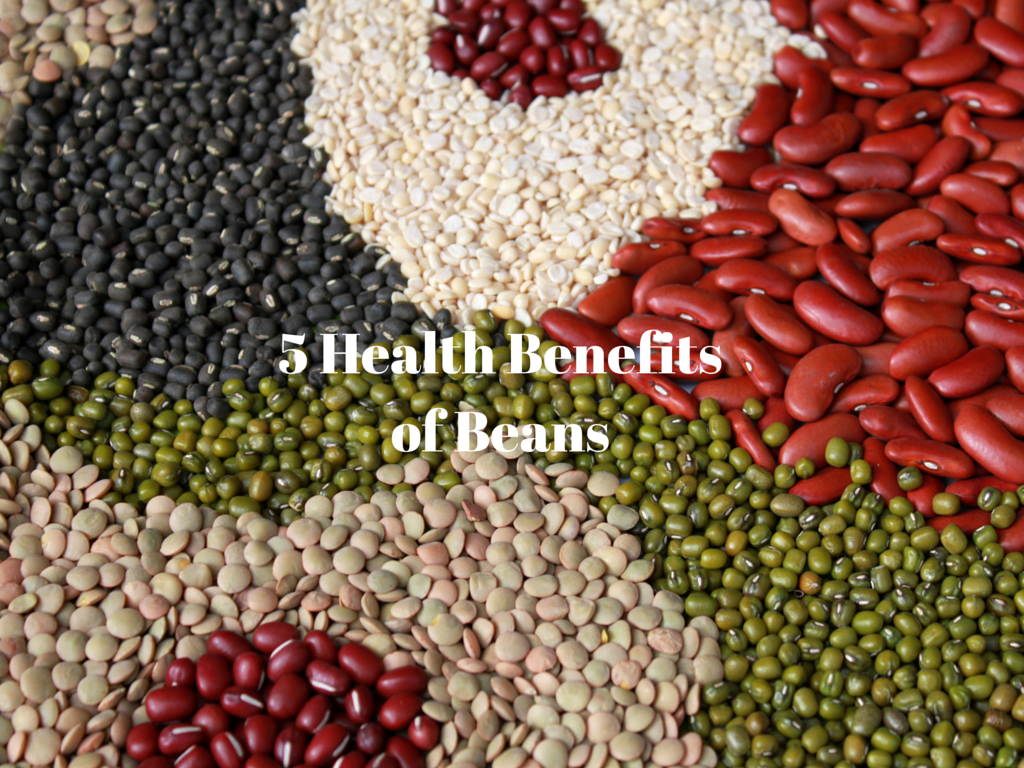Anti-Inflammatory Foods And Diet To Combat Aging
Anti-Inflammatory Foods And Diet To Combat Aging
Aging gracefully means being as healthy as you can be for as long as possible. Your dietary and lifestyle choices play a big role in that. Even though you make the effort to exercise and eat right, you should always be looking for ways to fight aging through eating anti-inflammatory foods.
I don’t know about you, but I am having a very difficult time with inflammatory processes going on in my body. I have arthritis and want to keep it from getting worse. I also want to keep as active as I can while aging! Check out the following conditions that are caused by an inflammatory response in your body. IF you suffer from any of these, the information below will be of great benefit to you for getting your body’s inflammation under control – naturally!
- Asthma.
- Chronic peptic ulcer.
- Tuberculosis.
- Rheumatoid arthritis.
- Chronic periodontitis.
- Ulcerative colitis and Crohn’s disease.
- Chronic sinusitis.
- Chronic active hepatitis (there are many more).
You may wonder whether or not eating anti-inflammatory foods is helpful to you. It turns out that the body’s aging process can be accelerated by inflammation in the body. You need to talk to your doctor, dietitian, or nutritionist to find out more about this.
What is inflammation and how can it affect your body?
The immune system responds to injury and diseases by protecting you with inflammation. This is a normal process that is important for healing. One the other hand, not all inflammation is healthy for you.
When inflammation gets out of hand, it can attack the normal cells of your body and the process that is supposed to heal you becomes self-destructive. It is now well known that chronic inflammation is the root cause of many serious illnesses, especially those related to the aging process.
Persistent stress, over-exposure to environmental toxins, and poor diet can all contribute to this type of inflammatory process.
Can something be done?
The good news is that there are some lifestyle choices that can help this process. Following an anti-inflammatory diet is one way to control the aging process. The anti-inflammatory diet is an eating plan you follow through on throughout your life in order to combat the aging process. It isn’t technically geared for weight loss but rather helps improve your overall long-term health. Weight loss is just a by product of this kind of diet.
The Anti-Inflammatory Foods Diet
The anti-inflammatory diet places a focus on whole foods that are whole and unrefined, high in anti-inflammatory spices, high in healthy fats, and high in omega 3 fatty acids.
Some things to include in an anti-inflammatory diet include the following:
- Healthy fats found in extra virgin olive oil of high quality, beans, avocados, seeds, and nuts
- Vegetables and foods that are brightly colored, such as dark berries, fruits, and vegetables
- Clean water and green tea as a beverage
- Spices that are anti-inflammatory, such as cinnamon, turmeric, and ginger
Foods to Avoid
It is also important to decrease your intake of foods that cause inflammation. Highly processed foods are inflammatory as are carbohydrates that are quickly digested, such as sugar and sugary snacks. You need to stay away from foods containing vegetable shortening, partially hydrogenated oils, and polyunsaturated oils, such as soy, corn, safflower, and sunflower oils.
It may be difficult to know if you are eating any of these foods, which is why you need to become familiar with reading the food labels to see if any of these inflammatory foods are in them. When you’re not sure, you should buy raw unprocessed foods and cook them yourself. Foods that are labeled “raw” or “organic” can be seen as good foods to choose in an anti-inflammatory diet.
Does an anti-inflammatory diet work?
According to the expert dietitians, there is good evidence to show that monounsaturated oils and omega 3 oils can fight inflammation. Heredity can also play a role in who gets inflammatory diseases and who doesn’t.
While diet is important, genetics also plays a role in the aging process. You can decrease the effects of chronic diseases by eating an anti-inflammatory food diet. Don’t make big changes all at once. Start introducing anti-inflammatory foods gradually into your diet and take away inflammatory foods so that eventually your diet represents an anti-inflammatory diet as much as is possible.
Are there risks to an anti-inflammatory diet?
According to experts, there are no known risks to taking an anti-inflammatory foods diet. You should talk to your doctor about finding ways to use this type of diet to your advantage.
I am currently in the process or re-designing my diet to include the anti-inflammatory way of eating. You will see that reflected in the recipes on my blog.







Thank you for the excellent article on eating an anti-inflammatory diet. I too have arthritis and numerous other health problems. I am going to start following the foods you suggest and not eating the bad ones. I appreciate all of the helpful information.
Thank you for all the info, as I get older I can definitely see how much what you put into your body matters!
Would this be helpful to someone with back problems?
These are great tips. Thank you for sharing them with us!
Thanks for the tips! Very helpful!
I’m bookmarking this post, this is something I’ve been looking for; Gluten free and paleo recipes. Thank you for sharing!